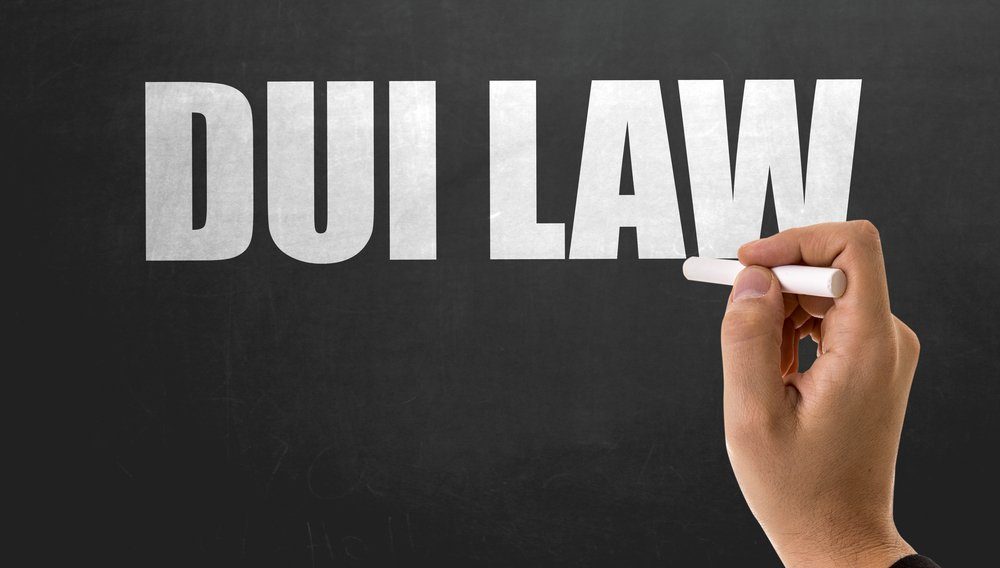Connecticut DUI laws can be very complex. It can be hard to understand where your case falls. It may seem like something you can handle if you watch another courtroom dramas. But, this is a very serious problem. It isn’t something you want to take a chance with and the actions you take now will affect your life in the future.
Connecticut DUI Laws: Blood Alcohol Content (BAC)
Your BAC can help determine how drunk you are, at the time it is taken. There are both blood tests and breath tests available. There are factors that influence how many drinks you may consume before your BAC rises. Height, weight, whether you have eaten and the last time you drank can all affect your BAC.
The state of Connecticut is an implied consent practitioner. While you are able to refuse a test, you will be required to pay a fine, and your license is automatically suspended. The first offense, your suspension will be six months. The second time, a year. And the third, you will lose your license for three years. If you have a job that requires a clean driving record or a valid driver’s license, this may cost you more than some fine and time in jail. It may also cost you your career and livelihood.
Connecticut DUI Laws: Offenses
How many DUI offenses you have can determine how much time you will spend in jail, fines you will pay and whether or not you will be required to use an IID. The more prior convictions you have, the more severe the punishment will be. You can read more about the laws and their consequences here.
The First Offense can be two days in jail up to six months. Your license will be suspended for up to a year, but you won’t be required to use an Ignition Interlock Device (IID). Fines will be from five hundred to one thousand dollars.
Second Offenses can range from one hundred and twenty days to two years in jail. The fines may range from one thousand to four thousand dollars. You will require an IID and your license will be suspended for up to a year.
A Third Offense will require at least a year in jail, three at the most. Your license will be permanently suspended so that you won’t require an IID. The fines are from two to eight thousand dollars.
Connecticut DUI Laws: Your Record
These offenses will stain your record for ten years. This is known as a “washout” or “look back” period. That means that it can have an influence on further sentences until that decade passes. That means that any time you appear in court, the judge will see that you’ve had a DUI. In some cases, this may not make a difference. But, you don’t want to find out which cases it will. In the event of a criminal conviction, your attorney may be able to tell you what happens next, how it will affect your record, and for how long.
Connecticut DUI Laws: License Suspension
Should your license be suspended, you have the opportunity to request a hearing to reinstate it. You have to submit the paperwork within the first seven days of your charge. If you do not contest or request a hearing, you will receive a 30 day suspension of driving privileges. It is worth mentioning that being able to dispute the suspension doesn’t necessarily mean the reinstatement of your license. The suspension is a result of denying a sample, and you will need to give a good reason or show how you were pliable. If you have an attorney, they will be able to help you with this. Having a professional who understands the law would be beneficial in this kind of court appearance.
Finding an Attorney
Having a DUI attorney during this whole process is very important. These laws are complex, and they can earn you time in jail. The result of your case could depend on the steps that you take after your arrest. You will want someone who has experience in this area and has been on your case from the beginning. An experienced attorney can help you formulate the best defense strategy for your case.
Your chances of serving the least time possible are better at the hands of someone who knows the laws well. There may be ways for you to avoid certain charges or bargain out of others. That is something that an attorney would know, but you wouldn’t. The negotiation process of a plea agreement, alone, can be incredibly complex. You don’t want to make a mistake and spend more time in jail or money than you should.

 CALL US NOW
CALL US NOW







